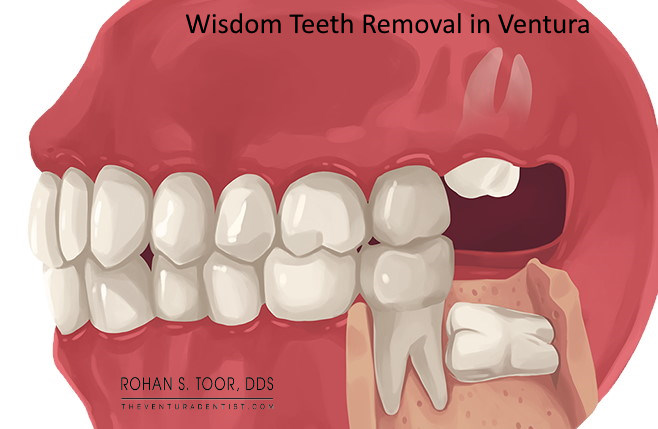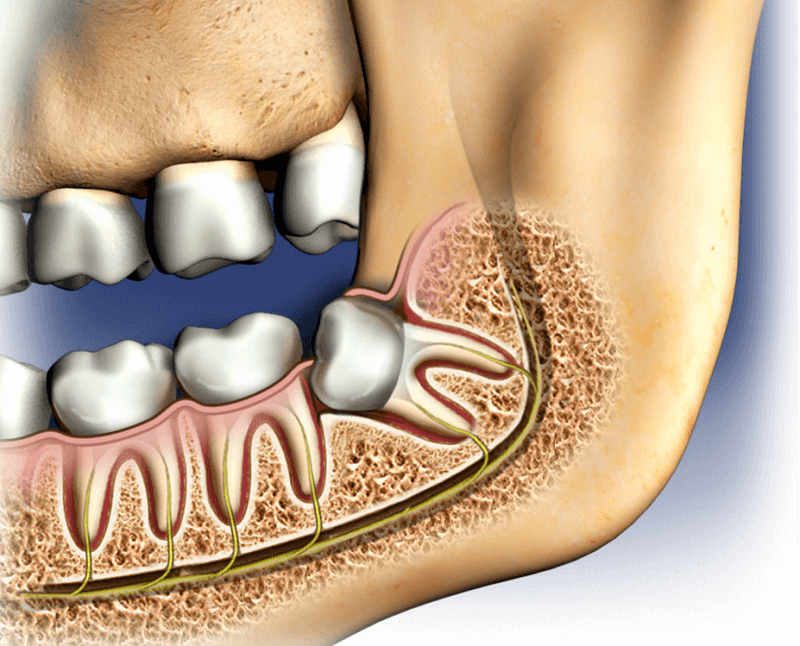How Wisdom Teeth Removal Aspendale Can Boost Your Dental Health
How Wisdom Teeth Removal Aspendale Can Boost Your Dental Health
Blog Article
Exploring Various Sedation Options for a Comfortable Wisdom Teeth Removal Experience
The use of sedation throughout such treatments has actually become increasingly usual to relieve anxiety and discomfort. With an array of sedation choices readily available, from neighborhood anesthetic to general anesthetic, each technique offers differing degrees of relaxation and discomfort control.
Regional Anesthetic
Local anesthesia is a commonly made use of method for numbing particular areas of the mouth throughout wisdom teeth removal procedures. By carrying out a neighborhood anesthetic, such as lidocaine, a dentist can ensure that the person continues to be comfortable and pain-free throughout the removal procedure.
Among the primary benefits of neighborhood anesthesia is its targeted numbing effect, which indicates that just the specific area being treated is affected. This localized technique decreases the threat of systemic side effects and permits a quicker recuperation post-procedure. In addition, local anesthetic is thought about to be a regular and safe method in dental care, with very little dangers included when carried out by a skilled specialist.
Nitrous Oxide
Nitrous oxide, typically understood as laughing gas, is a form of sedation usually used in dental care to help people kick back throughout dental treatments. This sedation option enables the individual to continue to be conscious and receptive throughout the procedure while really feeling at simplicity and comfortable.
Furthermore, laughing gas is understood for its quick recuperation time. Once the mask is removed, the effects of the gas disappear quickly, allowing individuals to resume their normal activities without remaining sedative impacts. This makes laughing gas a convenient option for those that need to drive themselves home after the dental consultation. Nitrous oxide is appropriate for people of all ages, making it a functional sedation option for knowledge teeth extractions and other oral procedures.
Oral Sedation
Oral sedation, a pharmacological method employed in dental care, entails the administration of sedative medications by mouth to induce a loosened up state during oral treatments. This form of sedation is commonly used for individuals undergoing wisdom teeth removal to reduce stress and anxiety and discomfort. The medicines suggested for oral sedation come from a class of medications called benzodiazepines, which have sedative, anxiolytic, and amnesic homes. Typically, the individual takes the suggested drug before the treatment, permitting enough time for the sedative impacts to hold.
Unlike intravenous sedation, oral sedation does not require needles or injections, making it a more comfy choice for people with an anxiety of needles. Additionally, oral sedation is taken into consideration risk-free and effective when administered by trained oral experts.
IV Sedation
Carried out intravenously by trained physician, IV sedation is an effective method used to generate a controlled state of deep relaxation and unfamiliarity during dental treatments. Unlike dental sedation, which can be unforeseeable in its results, IV sedation allows for accurate control over the level of sedation, making it an ideal selection for complex procedures like wisdom teeth extractions.
During IV sedation, a sedative drug is delivered straight right into the blood stream with a blood vessel, allowing it to take result promptly and efficiently. This approach guarantees that the patient continues to be not aware and comfy of the procedure while still preserving essential functions such as breathing and heart price.
One of the primary benefits of IV look here sedation is its ability to provide a deeper degree of sedation compared to other approaches, making it particularly suitable for individuals with high degrees of anxiousness or those undertaking substantial dental job (wisdom teeth removal aspendale). Additionally, the impacts of IV sedation typically use off progressively after the treatment, decreasing the chance of grogginess or remaining adverse effects. Generally, IV sedation offers a effective and secure alternative for making sure a comfy and hassle-free experience throughout wisdom teeth removal

General Anesthesia
Having talked about the advantages of IV sedation for knowledge teeth extraction, the utilization of general anesthetic supplies an alternate choice for individuals requiring a deeper degree of unfamiliarity during dental treatments. General anesthetic generates a regulated state of unconsciousness, guaranteeing the client really feels no discomfort or pain throughout the removal procedure. This method is particularly helpful for people with extreme dental anxiety, complicated surgical requirements, or those going through several extractions at the same time.
General anesthesia is administered by a skilled anesthesiologist that very closely checks the client's essential signs throughout the treatment. It includes the usage of intravenous medications or breathed in gases to induce a state of unfamiliarity. While under basic anesthetic, the patient will not know the surgical treatment, experience any type of discomfort, or have any recollection of the treatment afterward.
Although basic anesthetic is safe when provided by certified experts, it brings a somewhat higher risk compared to other sedation choices - wisdom teeth removal aspendale. Clients considering basic anesthesia for knowledge teeth removal should review the possible threats and advantages with their dentist or oral specialist to make a Get More Information notified choice based on their advice private demands and medical history

Final Thought
In final thought, different sedation options are offered to ensure a comfy wisdom teeth removal experience. Oral sedation and IV sedation deal deeper degrees of relaxation, depending on the individual's needs.
Nitrous oxide is appropriate for people of all ages, making it a flexible sedation choice for knowledge teeth extractions and other dental procedures.

Report this page